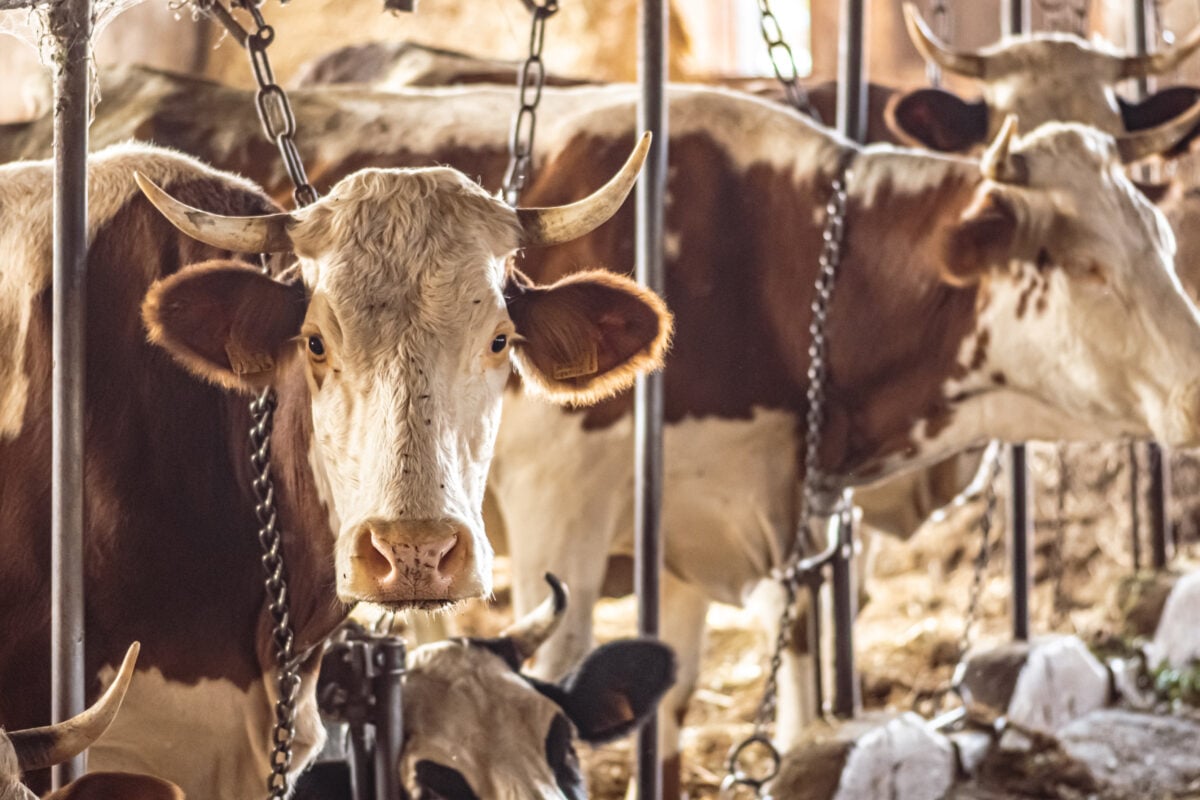More than 250 advocacy groups, scientists, and experts have urged Secretary of Agriculture Tom Vilsack to confront the climate impact of high meat and dairy consumption in the United States.
The call came in a letter written by the Center for Biological Diversity and 250 organizations and individuals. It was written in response to comments made by Vilsack at COP28. When asked about reducing meat consumption as a climate solution, he reportedly replied: “I don’t hear much about that.” Instead, he discussed methane reduction strategies for animal agriculture, which are widely seen as unproven and insufficient.
“We write with concern that the Department of Agriculture is disregarding the science on the climate cost of meat and dairy in high-consuming countries like the United States,” the letter begins.
Reduce meat now, scientists say
In an official declaration after COP28, President Joe Biden called the climate crisis “the existential threat of our time.”
Despite this, the US has so far made limited progress on curbing one of its biggest causes. Animal agriculture accounts for around 16.5% of global greenhouse gas emissions. The United States remains one of the biggest meat consumers in the world.

“The United States must take a leading role in reducing food system emissions,” the letter states. The signatories call for the US Department of Agriculture (USDA) to adopt “strategies that address both production and consumption of animal-based foods.”
So far, the USDA has focused only on “false solutions,” the letter notes. These include feed additives, “which have minimal impact in reducing emissions and aren’t scalable.” Likewise, biogas “worsens the problem of pollution and greenhouse gas emissions.”
Three solutions for the USDA
The letter encourages the USDA to adopt three simple, impactful solutions:
- Make meat and dairy reduction a key part of USDA’s climate strategy.
- Align food and climate goals in all USDA programs and policies. This would include increasing access to healthy, plant-based foods in the school meal program.
- Integrate sustainability into the Dietary Guidelines for Americans with an emphasis on plant-forward dietary patterns.
By implementing such strategies, the USDA could reverse course on the past decade, the signatories say. Secretary Vilsack has routinely ignored advice from scientists, environmental experts, and public health advocates regarding excessive meat and dairy consumption, they add.






